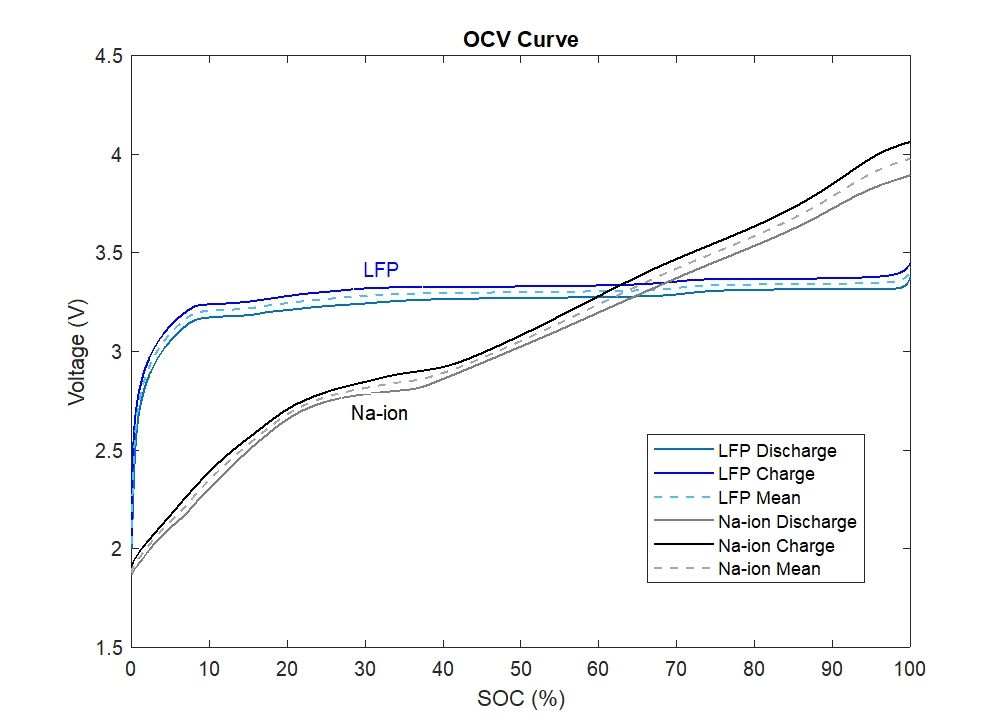
Are Sodium-ion Batteries the future?
Share
Are Sodium-ion Batteries the Future?
Sodium-ion batteries are gaining momentum as a lower-cost, safer, and more sustainable alternative to lithium-ion. With the ability to reuse existing lithium-ion battery manufacturing lines, sodium-ion offers a smoother path to scale. While their energy density still trails lithium, sodium-ion batteries are already surpassing lead-acid in performance and are catching up to LFP in real-world use. Some chemistries like NFPP are already delivering energy densities close to 150 Wh/kg and cycle lives in the thousands—putting them in serious contention for grid storage, low-speed EVs, and DIY projects.
Will Sodium-ion Replace Lithium-ion?
No, but it doesn't have to. Sodium-ion isn't here to replace lithium-ion across the board—it complements it. In applications where cost, temperature tolerance, and safety are more important than raw energy density, sodium-ion is a better fit. Expect to see it deployed widely in stationary storage systems, micromobility, and backup power where LFP has traditionally dominated. For the energy storage industry, this diversification is a good thing—it means more supply chain resilience and lower costs overall.
Are Sodium-ion Batteries Safe?
Yes. One of the biggest selling points of sodium-ion batteries is their safety profile. Sodium-based chemistries are generally more thermally stable and less prone to fire than their lithium-ion counterparts. This is partly due to the use of non-flammable electrolytes in some chemistries and the inherent stability of materials like Prussian white. If you're building systems in sensitive locations (like homes, schools, or remote cabins), this added margin of safety matters.
How Do Sodium-ion and Lithium-ion Compare?
| Feature | Sodium vs Lithium |
| Energy Density | 70–160 Wh/kg (lower than NMC, close to LFP) |
| Raw Material Cost | Much cheaper—sodium is abundant and costs ~$500/ton vs lithium hydroxide at ~$70,000/ton |
| Safety | More stable, less likely to catch fire or enter thermal runaway |
| Environmental Impact | No cobalt or nickel, easier recycling, and lower mining impact |
| Cold Weather Performance | NFPP-based cells maintain >90% capacity at -20°C |
| Cycle Life | Varies by chemistry—some exceed 3000+ cycles at 80% DoD |
| Use Cases | Ideal for stationary storage, backup systems, and off-grid projects |
| Recyclability | Fewer complex metals make sodium-ion easier to recover |
How Are Sodium-ion Cells Made?
Sodium-ion production borrows heavily from the lithium-ion playbook—same form factors, similar equipment, and compatible electrolyte handling. The phrase “same kitchen, new recipe” fits well. Manufacturers are using the same production lines and infrastructure to quickly bring sodium-ion cells to market without reinventing the wheel. This keeps costs down and speeds up deployment timelines.
Why Sodium-ion?
We're entering a new era of energy storage. Sodium-ion gives us a way to scale sustainably without being locked into lithium supply constraints. It's safe, cheaper, and good enough for the majority of applications. If LFP was the disruptive force that shook up NMC, sodium is what might eventually take on LFP. The chemistry is proven. The supply chain is here. The timing is right.
Shop Sodium-ion Batteries on Off Grid Solar Store:
Looking to build a safer, more sustainable energy system? Sodium-ion could be your next big upgrade.



